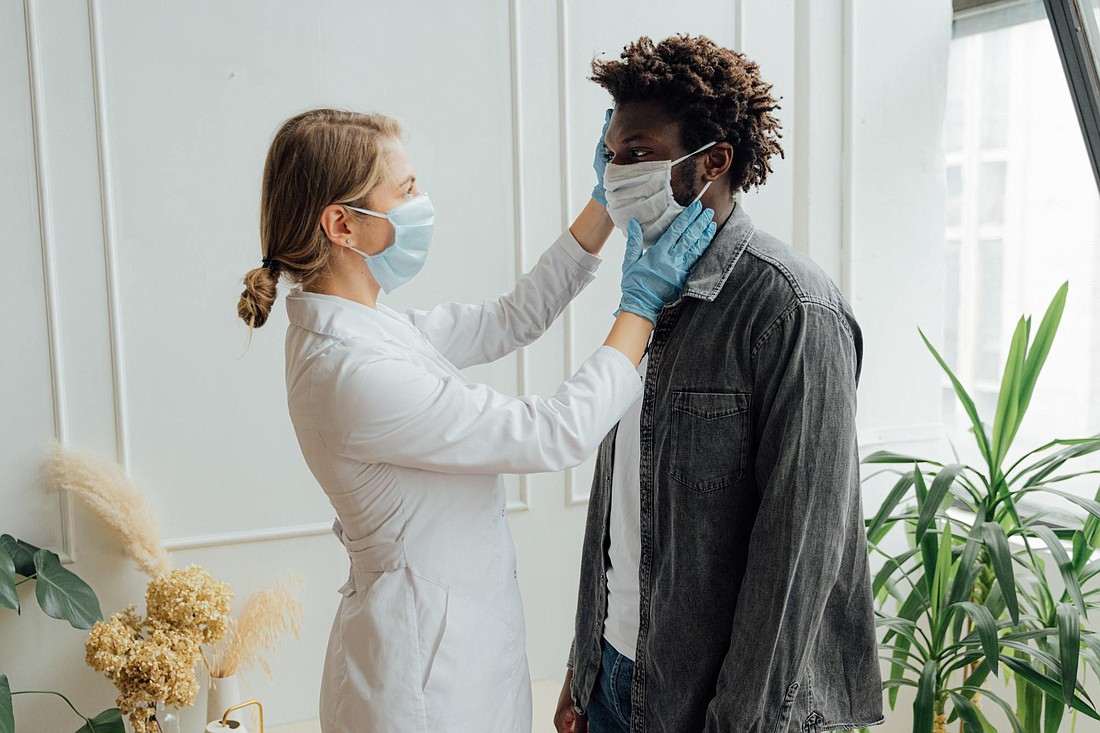- January 7, 2025
-
-
Loading

Loading

Updated 3:41 p.m. Sept. 14
When the scientific method was first described, in the 17th century, it was revolutionary: Human beings became custodians of knowledge; if they could imagine and carry out an experiment, they could understand and predict the workings of the world around them.
In the 21st century, children learn the scientific method in elementary school: Ask a question, gather data, make conclusions, ask more questions. And today, scientists are using the same process to learn about the pandemic. Naturally, one discovery leads to more questions and, hopefully, further discovery.
And yet, many people accused the Centers for Disease Control and Prevention of “flip-flopping” when masking guidelines changed after new evidence was revealed about the delta variant. In reality, the CDC was just following science.
Is Gov. Ron DeSantis following science?
In his July 30 executive order banning mask mandates, DeSantis cites a Brown University study that concluded there was no correlation between student safety and mask wearing. Therefore, DeSantis says, “Forcing students to wear masks lacks a well-grounded scientific justification.”
However, the authors of the Brown University study, which was published May 21 and is available online, include this caveat, which undermines DeSantis’ interpretation: “This literature suggests in-person school can be operated safely with appropriate mitigation, which typically includes universal masking. It would be premature to draw any alternative conclusions.”
Moreover, the science on masks has progressed significantly since then.
A study conducted by more than 20 scientists among 600 rural communities (340,000 people) in Bangladesh is being praised as the best measurement yet of masks' protection against COVID-19. The study, published Aug. 31, showed that among the communities that increased their mask compliance by 30%, COVID-19 cases decreased by 10%. (Surgical masks were more effective than cloth masks.)
The scientists reported no adverse effects to wearing masks.
“This is an incredibly challenging but important study to pull off,” Megan L. Ranney, a professor at Brown University who was not involved with this research, told the Washington Post. “Anti-mask people keep saying, ‘Where’s the randomized controlled trial?’ Well, here you go.”
The governor wanted "well-grounded scientific justification." Now we have it.
If DeSantis and our local School Board are serious about student safety, I hope they will adjust their views on mask wearing to match the latest data. That’s not flip-flipping, it’s just science.